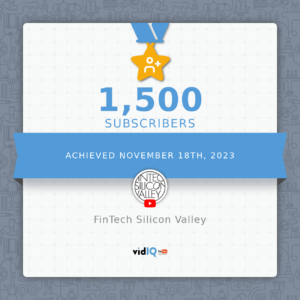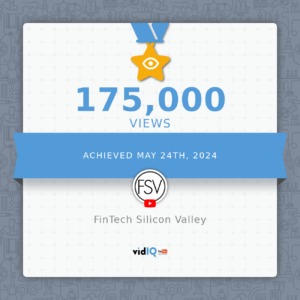Blake Richman Head Trader/Portfolio Manager NovaBlock Capital NovaBlock Capital is a blockchain and digital asset focused investment fund. Prior to his role at NovaBlock, Blake advised formation-stage funds on investment strategy, market dynamics, and custodianship. Before diving into the blockchain space, he held positions in venture capital and debt capital markets. Blake lives in Palo Alto, California, where he is involved in the blockchain investment and entrepreneur communities.
Guest post by @Blake Richman @Novablock Capital
The mining space is hardware solving math problems when you break it down to the rawest element, but derivative of that activity, an entire game-theory driven economy has developed, underpinned by the project-specific cryptoeconomics. It’s a fascinating space where miners point their rigs to more profitable algorithms than just btc and eth, but that loss of hashrate on btc/eth changes the economic equation across the board, and the additional hashrate dedicated to smaller networks has the effect of lessening profitability for each contributing miner, and potentially destabilizing that smaller network through 51% attacks (1 party achieving >50% hrashrate now theoretically controlling governance), and resulting malicious governance achieved through that scale.
There exists a much more interesting market behind mining than actually just the basic “what is it”. That discussion is important to the common consumer too, and it is an important first step in the discussion, but once you understand “hardware units just brute forcing encryption algorithms, such that the answer is sufficiently low enough to satisfy the currently difficulty adjustment”, there is an entire game-theory market that results:
- which coins are profitable
- is hashrate growth rate too high, which exponentially decays profitability
- are there near term potential inflection points on hashrate(ie new efficient miners release)
- types of mining – ongoing vs speculative


















